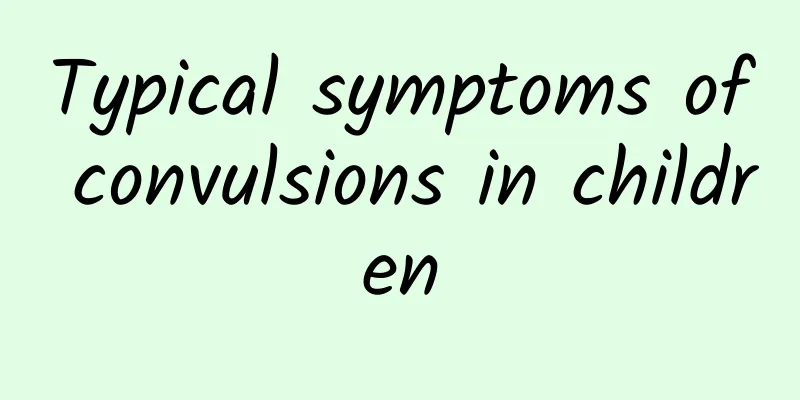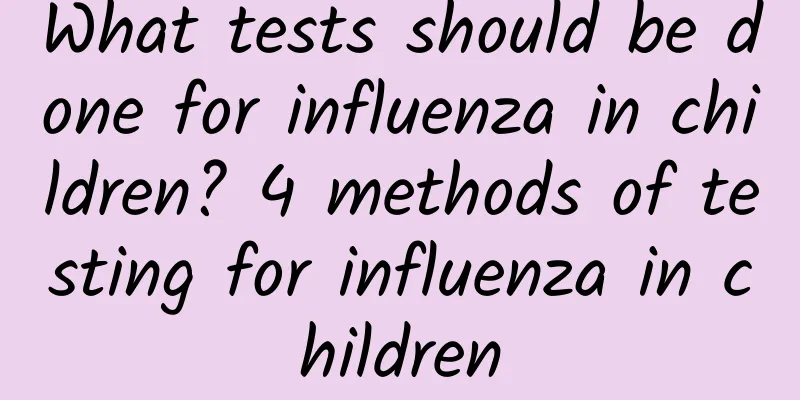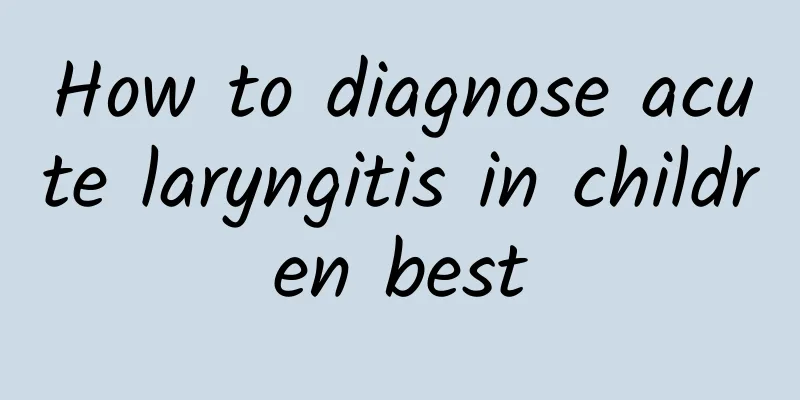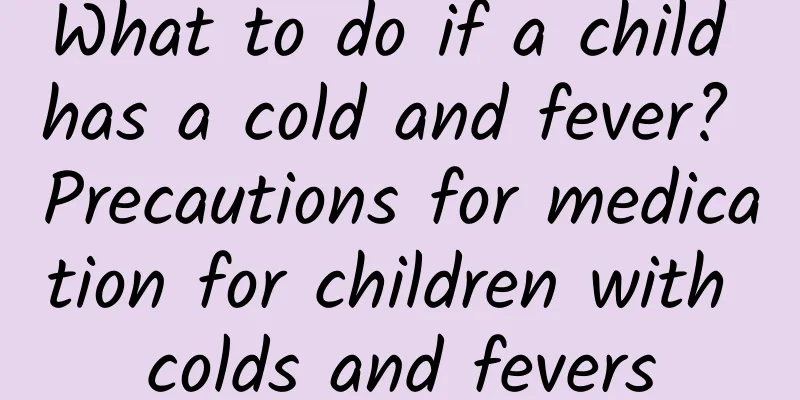Is phenylketonuria in children easy to cure?

|
Phenylketonuria in children can be effectively managed through early intervention and strict dietary control, but it cannot be completely cured. Early diagnosis and long-term standardized treatment are the key. Phenylketonuria is a genetic disease in which phenylalanine accumulates due to metabolic enzyme defects. The liver of the child lacks phenylalanine hydroxylase, which results in the inability to metabolize phenylalanine normally. If not detected and intervened in time, it may cause damage to the nervous system, leading to mental retardation or abnormal behavior. The treatment of this disease focuses on controlling the intake of phenylalanine, usually through a special diet to reduce the level of phenylalanine in the blood to protect brain development. Newborn screening can detect the disease early after birth, and after diagnosis, a personalized diet and treatment plan should be developed under the guidance of a doctor. Currently applicable management methods include the use of phenylalanine metabolism controlled formula foods, such as low-phenylalanine milk powder or low-protein foods, to supplement other essential nutrients required by patients. At the same time, some specific types of phenylketonuria may be effective for tetrahydrobiopterin (BH4) treatment, which needs to be evaluated by a specialist. Gene therapy is under study, but it has not yet been widely used in clinical practice. Parents of children with phenylalanine should regularly test their children's blood phenylalanine levels to adjust their diet and maintain close cooperation with pediatric genetic metabolic doctors. When children grow up, they need to learn to manage their diet and avoid consuming high-phenylalanine foods, such as ordinary dairy products, meat, nuts and beans. Dietary intervention for children with phenylalanine should be carried out throughout their lives, especially during the growth and development stage and pregnancy. Parents should also pay attention to their children's mental health and seek psychological support when necessary to help children adapt to life better. |
>>: Will congenital heart disease in children recur after surgery? Can it be cured?
Recommend
What should I do if my 7-month-old baby has a cough, fever, runny nose and diarrhea?
A 7-month-old baby has a cough, fever, runny nose...
How to treat a 4.5 month old baby with a cough and phlegm How to treat a 4.5 month old baby with a cough and phlegm
If a 4.5-month-old baby has a cough and phlegm, y...
What to do if your six-month-old baby has a cough and runny nose? What to do if your six-month-old baby has a cough and runny nose?
If a six-month-old child has symptoms of coughing...
What is the precursor of hypothermia?
Hypothermia, usually refers to a body temperature...
What medicine is good for children's cough
Children have poor immunity, so they are prone to...
What is the fastest way to supplement calcium? Eating more of these 6 foods can help supplement calcium
Eating sesame paste, dried shrimps, seaweed, must...
What to do if your six-month-old baby coughs and vomits? How to use medicine if your six-month-old baby coughs and vomits
A six-month-old child has adverse symptoms such a...
How to treat calcium deficiency in children?
When children are calcium deficient, they can eat...
How to prevent hernias in children
How to prevent hernia in children? 1. In order to...
What causes jaundice in newborn babies?
Neonatal jaundice is mainly related to abnormal b...
What causes convulsions in children?
Pediatric convulsions are a common pediatric emer...
What to eat for acute laryngitis in children
What should children eat for acute laryngitis? Th...
What is Kawasaki disease in children?
Kawasaki disease in children is an acute febrile ...
The efficacy and function of pine pollen Pine pollen can resist aging
Pine pollen is a substance with great effects and...
Can acute laryngitis in children be completely cured?
When children suffer from acute laryngitis, they ...









